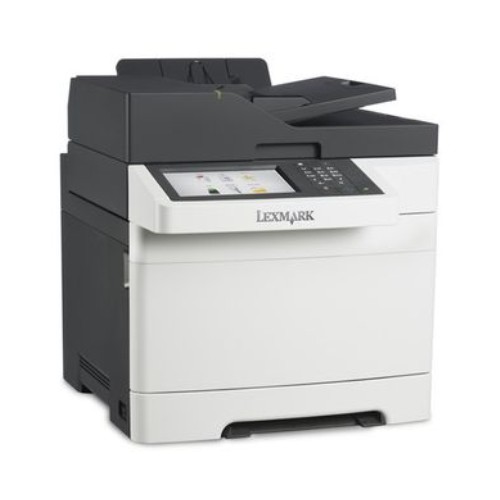Cloud Migration Guide: 7 Advantages and Key Risks for Your Austin Business
Nowadays, most businesses keep at least one workload in the cloud. However, cloud migration may not be suitable for everyone. Although cloud environments are basically reliable, accessible, and scalable, you must consider several factors before jumping into this option.
If your company is seriously planning on its first cloud migration, you must take note of the advantages, the risks, and the appropriate service type and model for your business.
7 Advantages of Cloud Computing
Cloud computing has now become a major topic in the world of business. Rather than keeping your own software, the cloud service stores and protects your data, which is easily accessible to your company over the Internet.
1. Flexible and Scalable Bandwidth
Cloud-based services are suitable for companies with varying or increasing demand for bandwidth. When needs grow, it is easy to increase the cloud capacity using remote servers. Similarly, if there’s a need to scale down, the flexibility incorporated gives cloud computing-based businesses an advantage.
2. Streamlined Software Updates
In cloud computing, servers provide your business with regular software updates, which includes updates on security. This saves you a lot of time that you would otherwise spend keeping the system updated manually.
3. Better Document Control and Collaboration
When more employees and partners work on documents, there is a greater need for document control. Prior to the cloud, employees delivered documents as email attachments, creating problems with formats, titles, and file content. Moving to cloud computing means all documents are stored centrally, and users see one version, leading to better and healthier output.
4. Enables Work From Anywhere
Cloud computing allows you to work from anywhere as long as you have an internet connection. With cloud services being offered on mobile apps, you are no longer limited by the device you have on hand. Your business can provide more flexible working rewards to your workers, allowing them to enjoy work-life balance without negatively impacting productivity.
5. Enhanced Data Security
Lost laptops and copiers are a huge business problem due to the loss of important data. But with cloud computing, sensitive information has greater security whenever this happens. Data is stored in the cloud and can be accessed regardless of what happens to the machine. In fact, data from lost laptops can be remotely erased to prevent others from getting confidential business information.
6. Environment-Friendly Sustainability
The environment also enjoys the benefits of cloud computing. Since cloud service needs vary, the server capacity goes up and down to fit. This means using only the energy required, preventing an oversized carbon footprint. Cloud computing creates sustainable solutions with a lesser impact on the environment.
7. Provides Tools to Compete
Cloud computing gives everyone access to enterprise-class technology and allows smaller companies to work faster than more established competitors. Cloud business apps allow small businesses to work alongside the bigger ones and disrupt the market while remaining lean and skillful.
Cloud Link: Scanners and Copiers in Austin
The link between the cloud and your physical office equipment is your copier. Modern copier Austin Multifunction Devices (MFDs) are designed to scan documents directly to cloud services, email, or a local area network, making them a crucial physical gateway for your digital strategy.
If you plan to get copiers for your Austin office, you can buy copiers or lease copiers in Austin. We can give you options for getting the copy machine that you want. You can contact our local copier leasing services department in your location.
For all services in Austin, call Clear Choice Technical Services:
- Phone: (512) 253-7000
- Our personnel for copier leasing in Austin will assist you. If you are ready to start the process, request a quote today.
For dedicated Copier Repair Services in Austin, please visit our Repair Services Website for immediate assistance. Our network is powered by Clear Choice Technical Services.






